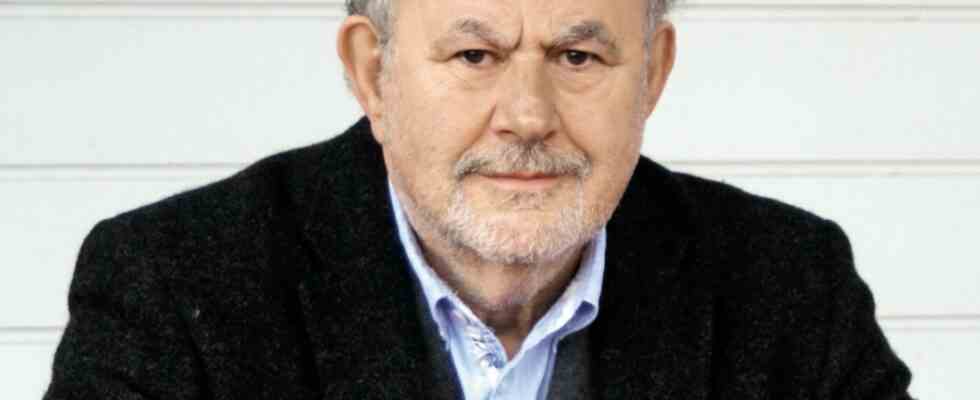For a good 15 years there has been a sharply increased interest in philosophers and philosophical thoughts of all kinds among a broader, intellectually interested public. With the Philosophie Magazin and Hohe Luft there are not only two low-threshold magazines, but also popular philosophical bestsellers such as Wolfram Eilenberger’s book “Zeit der Zauberer” – and with the Phil Cologne in Cologne it has long been a major public festival. The mood is often reverent, inspired by the promise to be there when thinkers think. And yet the flight level often remains astoundingly low, because classic knowledge and worldviews are presented rather than actually thinking, as a practice of exploring and questioning knowledge and worldviews.
Would that be asking too much of cultural journalism, which – whether it wants to or not – is also subject to the relentless compulsion to entertain, because it is too methodical and not specific enough? Maybe. But approximations would be something, for example in the way that the Swiss psychiatrist, psychoanalyst and philosophy teacher Daniel Strassberg has been able to do for some years in his weekly column in the fine (and in this country too little noticed) Swiss online magazine Republic. It is possibly the best philosophically inspired German-language column currently available. What luck that there are now 41 episodes of it as a book under the title “The devil has no time”.
Daniel Strassberg: The devil has no time – philosophical-political considerations. Rotpunktverlag, Zurich 2022. 220 pages, 25 euros.
(Photo: Rotpunktverlag)
The themes are as diverse as they are contemporary: the constant invocation of the will of the people, gender-neutral language, bureaucracy, hypochondriacal reason, always having to be right, taking things personally or the compulsion to make pointed generalizations. But Strassberg, who was born in St. Gallen in 1954, always succeeds in just three to six pages in the feat of making things surprisingly light-footedly more difficult, more complicated – and therefore truer. He is concerned with moving to “a medium distance” from the problems, where “the lens opens up to entanglements and bumps, contradictions and uncertainties”. The high price of clarity, on the other hand, is “that contradictions are torn apart and staged as a fight between two parties,” which only leads to lazy compromises that “will later blow up in our faces.”
In concrete terms, this can also mean the advice to refrain from all generalizations in everyday life and to only answer the claims of others: sometimes it is like this, sometimes different, it depends. You certainly wouldn’t win elections and write important books that way, but “you will experience the world differently. As if it were a great novel”.

